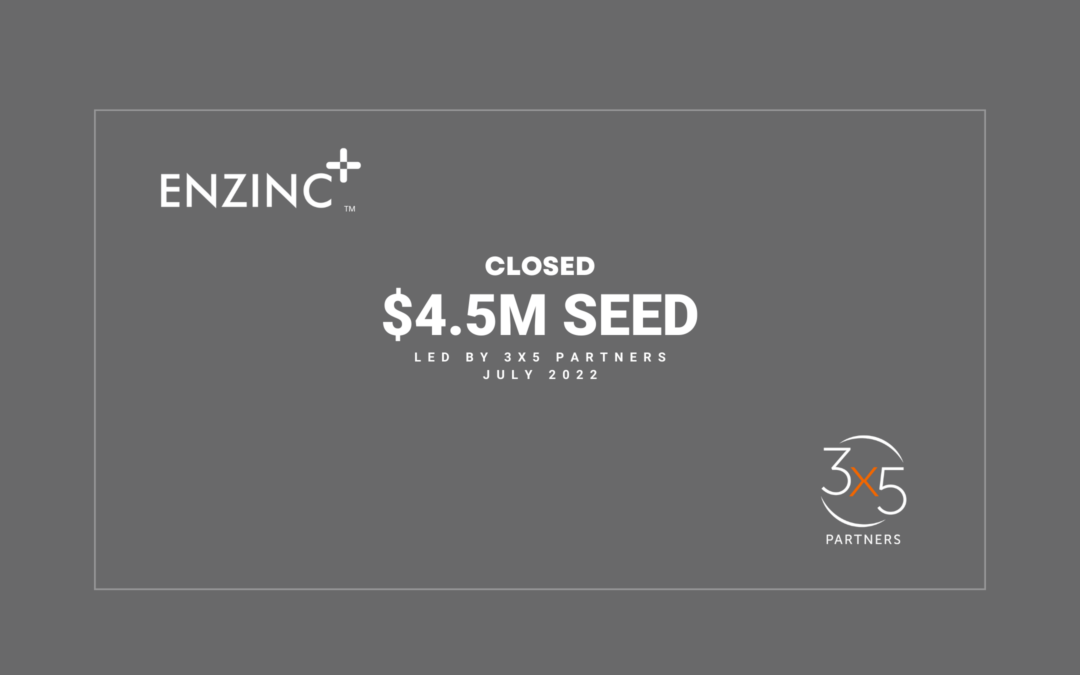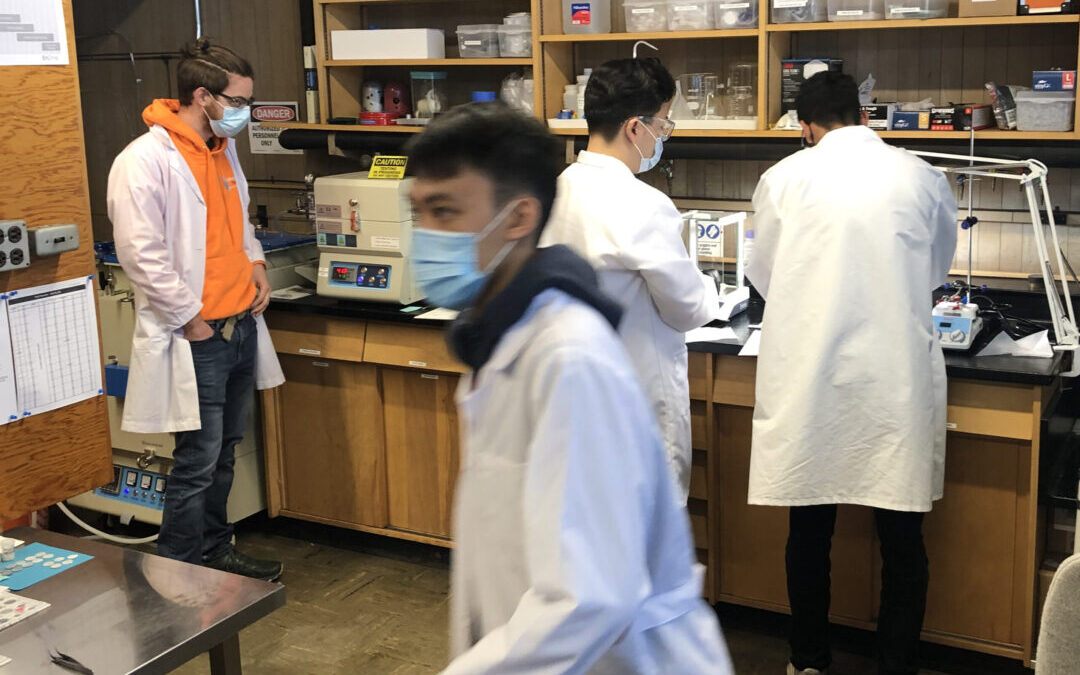
Energy Storage Innovator Enzinc Closes $4.5 Million Seed Funding Round
Advanced zinc battery developer Enzinc has closed a $4.5 million seed round led by Portland-based 3x5 Partners.
RICHMOND, Calif.: Enzinc Inc., an advanced zinc battery developer, has closed a $4.5 million seed round led by Portland-based 3×5 Partners. Enzinc was founded with a mission to accelerate the energy transition with safe, sustainable and rapidly-scalable technologies. It is developing high-powered zinc batteries for mobility and stationary uses
“We were as impressed by Enzinc’s business model as we were by its groundbreaking technology,” said 3×5 Partner’s Managing Director, Nicholas Walrod. “Not only are its batteries built using readily-available zinc, solving supply chain issues, but also it will be able to rapidly scale production by leveraging existing lead acid manufacturing plants around the globe.” The team at 3×5 Partners strives to ‘invest in what the world needs’ by partnering with promising companies whose technology offer real solutions in the climate and healthcare sectors.
The capital raise will allow the team at Enzinc to finalize its prototype testing and automated anode production line design for powerful mobility and long-duration stationary nickel zinc batteries.
“It’s crucial that the supply of batteries keep up with the demand coming from electrifying buildings, transportation and the grid. We have to diversify the types of batteries used and not risk betting the whole energy transition on a single chemistry such as lithium ion,” said Michael Burz, founder and CEO of Enzinc. “The team at 3×5 Partners bring a depth of expertise in growing innovative firms, and we are pleased to partner with them.”
Enzinc’s microsponge anode solves the challenges that have limited zinc’s potential as a rechargeable battery material. Batteries manufactured by today’s leading lead acid brands with the ‘Enzinc Inside’ drop-in technology will have the power of lithium at the cost of lead acid, with no fire potential or HVAC requirement and a wide temperature operating range. They will use abundant and recyclable minerals and create local manufacturing jobs, offering superior energy storage for mobility and stationary applications.
The announcement follows Enzinc being awarded $1.8 million under the Bringing Rapid Innovation Development to Green Energy, or BRIDGE, grants through the California Energy Commission (CEC) Electric Program Investment Charge (EPIC) program.




